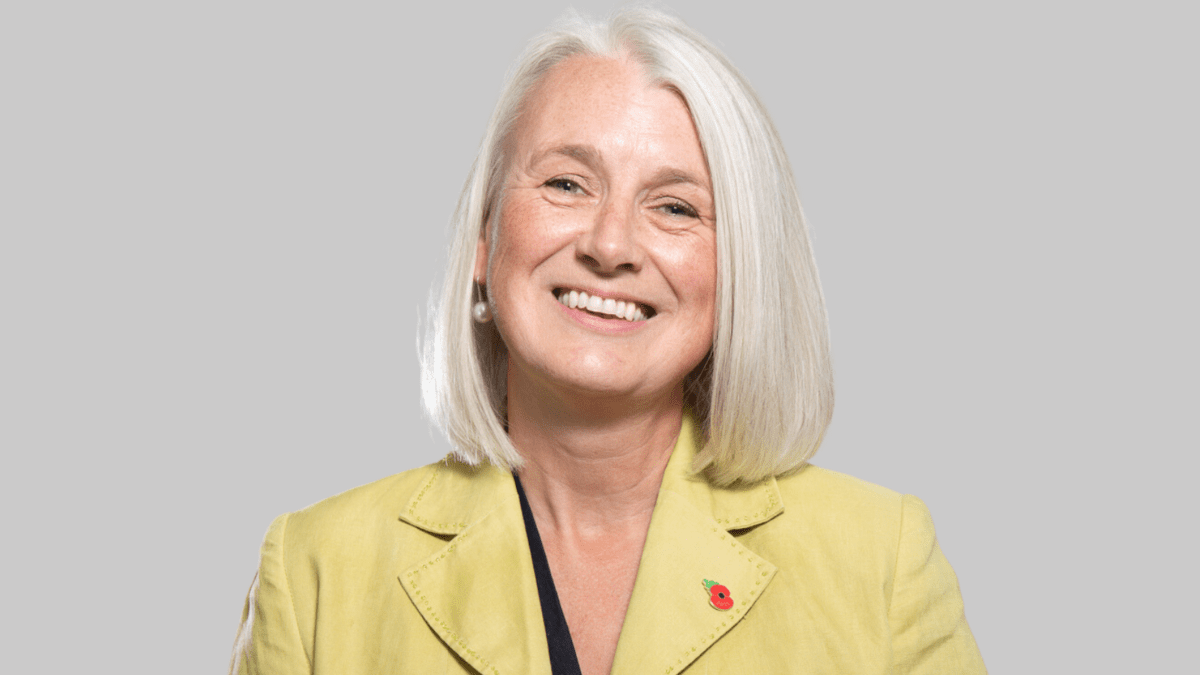‘Loss of optimism’ sees worst outflows since 2020
Australian investors pulled a net $516 million from managed equity funds in the first quarter of 2023 – the worst outflows since the start of 2020, according to data from Calastone’s latest Fund Flow Index. The “loss of optimism” follows a cautious fourth quarter where inflows were $296 million.
“It is too early to call a definitive end to the global bear market – rallies in the first quarter mainly reflected a cycle of flurries of optimism that financial conditions were easing, followed by fears they were not,” said Teresa Walker (pictured), Calastone managing director for Australia and New Zealand. “The bigger picture is that, globally, corporate earnings are under pressure and inflation is proving uncomfortably sticky both here in Australia and elsewhere.”
But while the ASX has moved nearly in lockstep with overseas markets, Australian investors demonstrated a clear preference for domestic equities by adding $319 million to funds investing in ASX-listed shares while withdrawing capital from every overseas category of equity fund. Australian investors were also negative on specialist sector funds – mainly those focused on infrastructure.
“Australia’s stock market is performing in line with its global peers, yet investors drew a marked dividing line in Q1 between home and abroad,” Walker said. “This reflects a clear structural, long-term bias in favour of investing in domestic Australian equities.”
“Over the last four years domestically focused funds have absorbed more than a third of the A$28bn Australians have added to their managed equity holdings, with almost all the rest flowing into funds investing overseas. This is despite Australian equities accounting for only two per cent of global market cap and having a distinct sector bias. From a risk and long-term growth perspective, it’s easy to argue for a more globally diversified approach.”
Investors also continued to add capital to fixed income funds, while real estate funds saw their first quarterly outflow since Q2 2022 – only the second quarter on Calastone’s record that investors have withdrawn capital from sector, though only a “modest” $30 million.
“Commercial real estate is triply vulnerable when interest rates are high or rising,” Walker said. “First, higher rates impact demand – lower occupancy affects rents paid to investors. And secondly, the sector uses more leverage than most so higher interest costs bite into profit margins.”
“Finally, property values are also very sensitive to the higher cost of capital. Australia’s strong growth over recent years has supported the domestic real estate sector, but it is not immune to these realities. The start of the global rate-rise cycle over a year ago quickly caused a sharp drop in net inflows to real estate funds, driven mainly by a buyers’ strike rather than a big increase in sell orders.”










